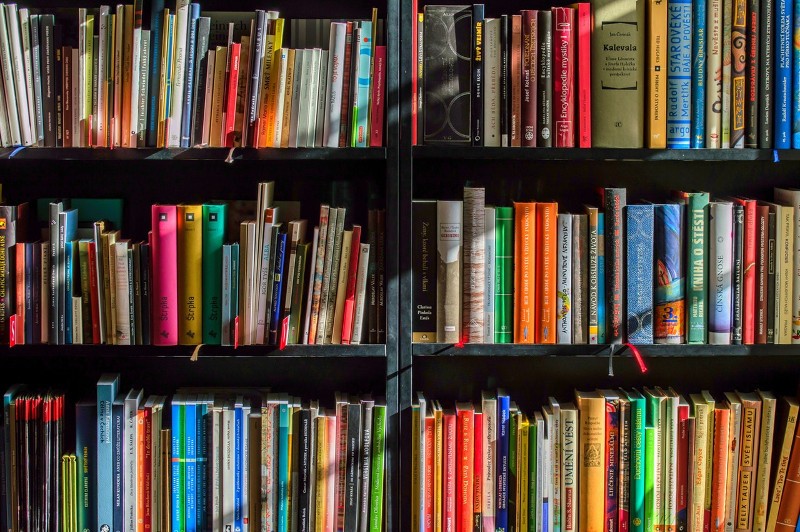Sign up for our mailing list to get latest updates and offers
GETTING STARTED WITH GLOBAL EDUCATION
Global education, as a style of learning and way of thinking, encourages people to identify links between the local, the regional and the world-wide level and to address inequality. Global education as a movement of ideas and an educational trend is seen as an attitude and a response to the increasing globalization in every realm of modern life. As a special educational action, global education is characterized first of all by interdisciplinary and by its interculturally-oriented approach, by the above-said theme focus and by the learning objectives which pursue to develop the competencies required of global citizenship. Global education is centered on global learning which develops the abilities to understand, to feel and to act against the background of multiple interdependencies, and which is future-oriented. While global learning cannot be achieved without specialist knowledge, knowledge acquisition is not its foremost aim. Global learning mainly aims to develop the abilities to make decisions on one’s own life, competently to take part in social practice and express solidarity with those whose fundamental rights are violated.
Global education is aiming at providing orientation in the present and future world. To develop the skills for understanding the world we live in and for competent and moral action therein.
- Knowledge of others and acceptance of life in a pluralistic world.
- Awareness of the fact that global relations are complex and that we have to understand globalization from different perspectives.
- An analysis of how global relations affect us through the cause-effect and purpose-means relationship.
- Admission and acceptance of interdependencies and interferences that shape our local, regional and national identities in a global context.
- Development of concern for justice, for sharing rights and responsibilities in the perspective of global citizenship.
- Opening/diversifying the forms of learning, including critical media literacy.
- Evidence that people can influence life through participation against injustice, exploitation and repression.
- Readiness for personal and group action.
- Awareness of implications of present choices/decisions and actions.

